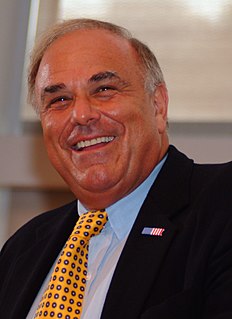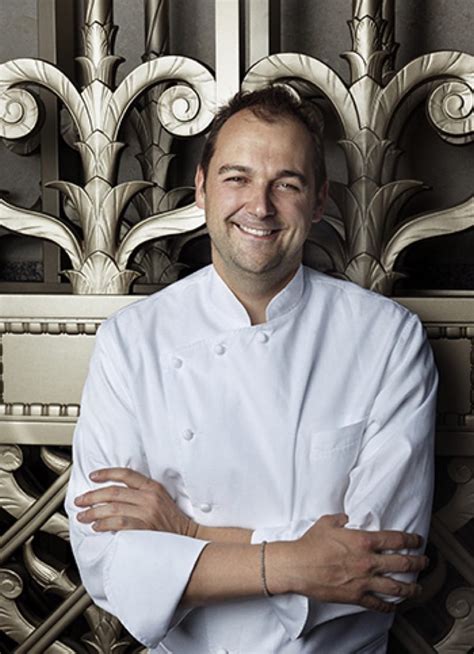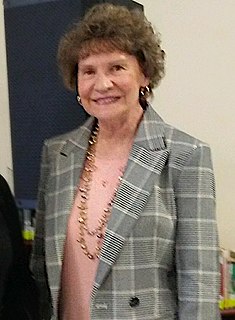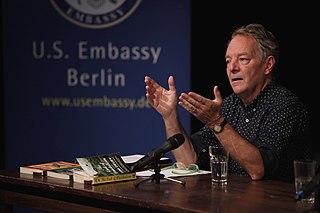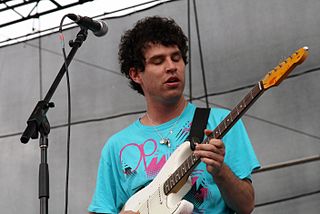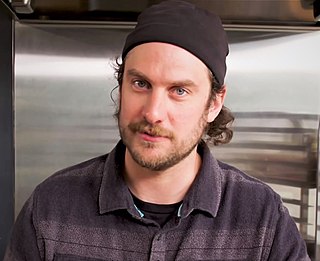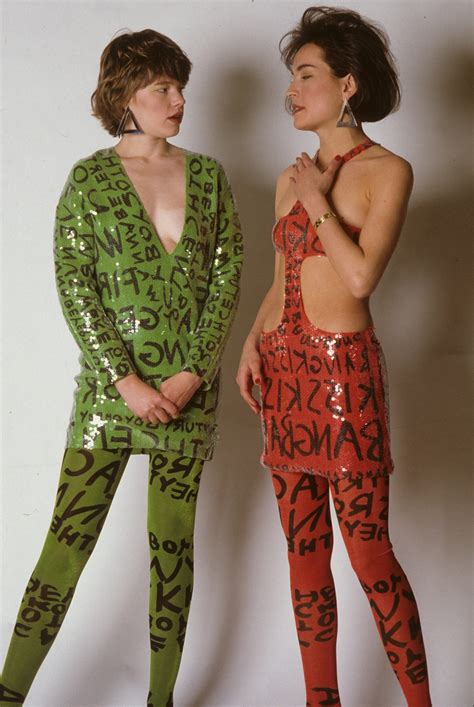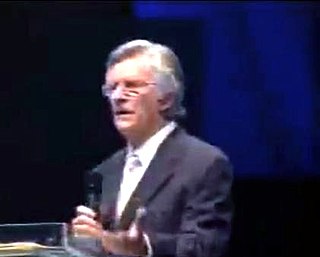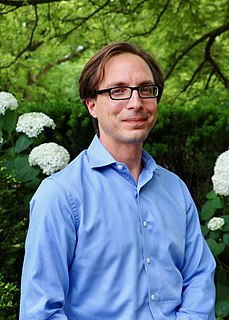Top 38 Farmland Quotes & Sayings
Explore popular Farmland quotes.
Last updated on November 8, 2024.
Human settlements are like living organisms. They must grow, and they will change. But we can decide on the nature of that growth - on the quality and the character of it - and where it ought to go. We don't have to scatter the building blocks of our civic life all over the countryside, destroying our towns and ruining farmland.
You could take all the gold that's ever been mined, and it would fill a cube 67 feet in each direction. For what that's worth at current gold prices, you could buy all -- not some -- all of the farmland in the United States. Plus, you could buy 10 Exxon Mobils, plus have $1 trillion of walking-around money. Or you could have a big cube of metal. Which would you take? Which is going to produce more value?
I go back to a very specific aspect of the Midwest - small towns surrounded by farmland. They make a good stage for what I like to write about, i.e., roads and houses, bridges and rivers and weather and woods, and people to whom strange or interesting things happen, causing problems they must overcome.
My grandpa was a big cowboy in his values and the way he lived his life. For our family, the ranch represented our family time when we got to drive down through all that desert farmland and Grandpa would wake us up at 5 A.M. to feed the horses if we wanted to earn the right to ride them later. I always had so much fun.
During the 1930s, some of the leading intellectuals in America condemned our economic system and pointed to the centrally planned Soviet economy as a model -- all this at a time when literally millions of people were starving to death in the Soviet Union, from a famine in a country with some of the richest farmland in Europe and historically a large exporter of food.
... laws governing pollution tend to move pollutants from one medium to another. So, for example, we scrub SO2 from power plants only to dispose toxic sludge on land. We "clean" water only to disperse toxic-laced solids on farmland or landfills. Pollution control becomes a kind of giant shell game by which we move pollutants between air, water, groundwater, and land.
Our minds must relax: they will rise better and keener after rest. Just as you must not force fertile farmland, as uninterrupted productivity will soon exhaust it, so constant effort will sap our mental vigour, while a short period of rest and relaxation will restore our powers. Unremitting effort leads to a kind of mental dullness and lethargy.
People like me start organizing conferences and editing journals, even become tenured professors talking about Empire of the Senseless with a bunch of wide-eyed kids from the farmland. If only one of those kids goes back home and lets her hogs out of the pen to go plum wild rolling around in their own slop while the neighboring farmers scratch their chins, then, isn't that worth it? Insert the same scenario with stockbrokers, stock-car drivers, and stock characters in the post-baccalaureate working man's sideshow, and well, that's viral reproduction.
You can go back to tulip bulbs in Holland 400 years ago. The human beings going through combinations of fear and greed and all of that sort of thing, their behavior can lead to bubbles. And it may have had and Internet bubble at one time, you've had a farm bubble, farmland bubble in the Midwest which resulted in all kinds of tragedy in the early '80s.



